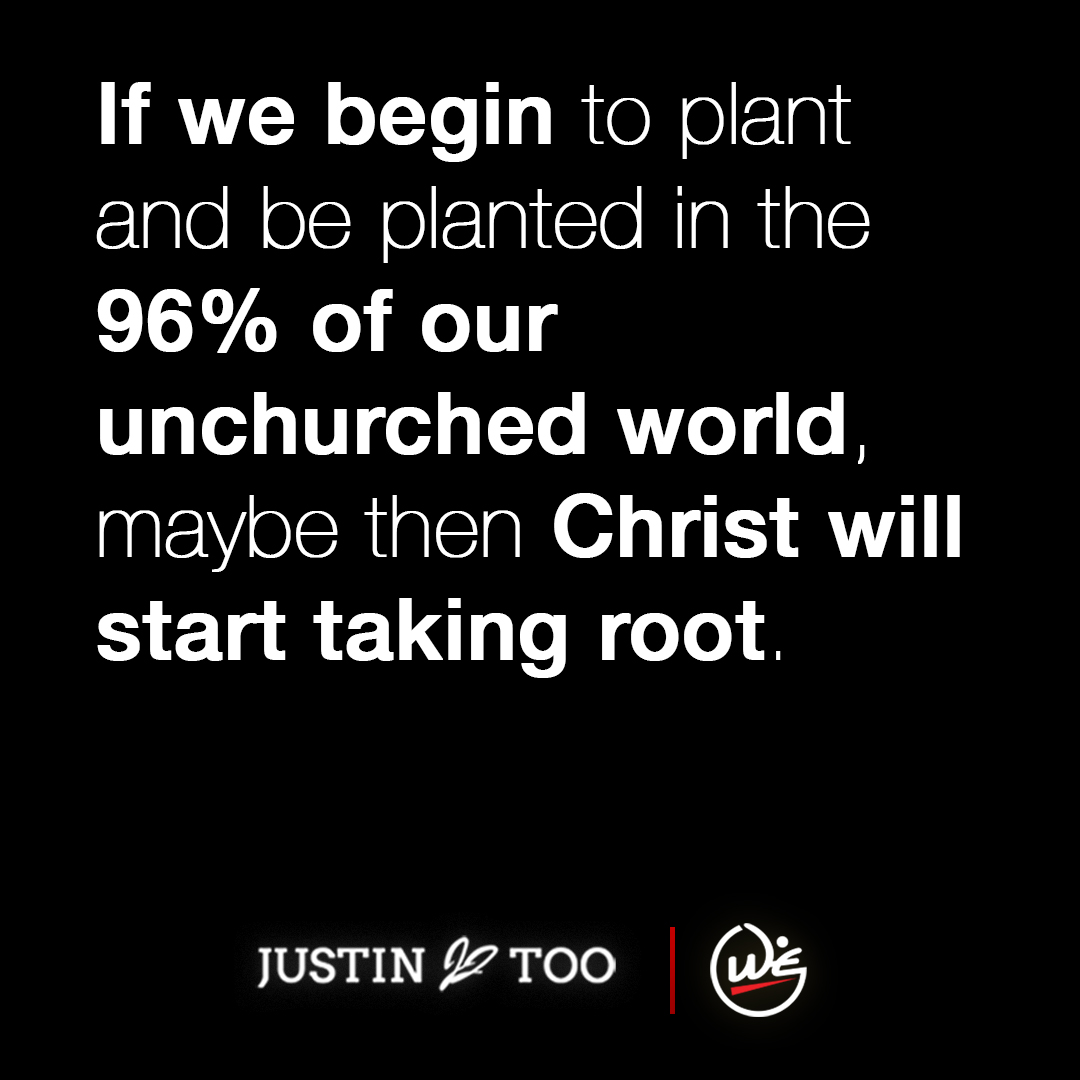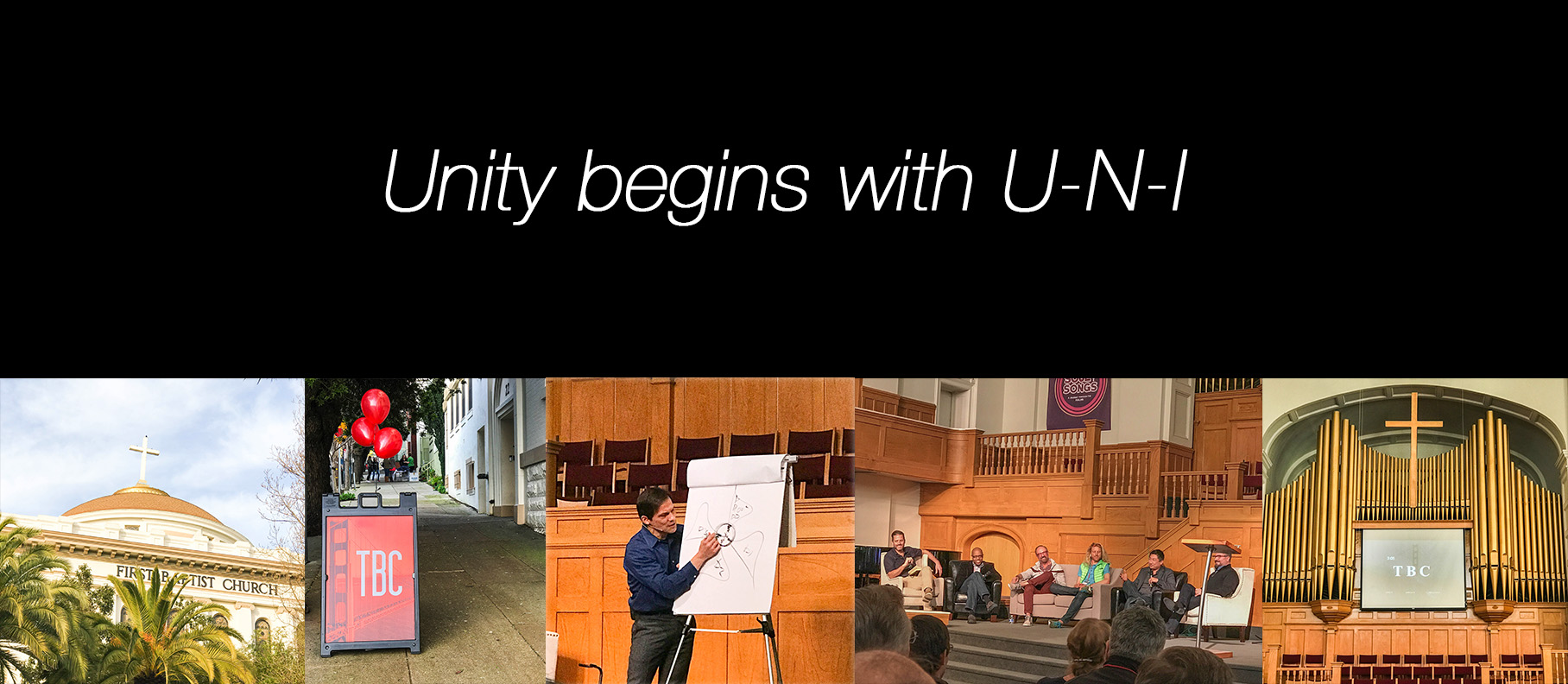Unity begins with U-N-I
Last week’s TBC Large Gathering conference was a powerhouse of influential leaders and speakers.
The conference included a keynote speech by Compassion International’s President and CEO, Jimmy Mellado, who presented an extremely relevant, intriguing, and inspirational conversation on his career of studying movements.
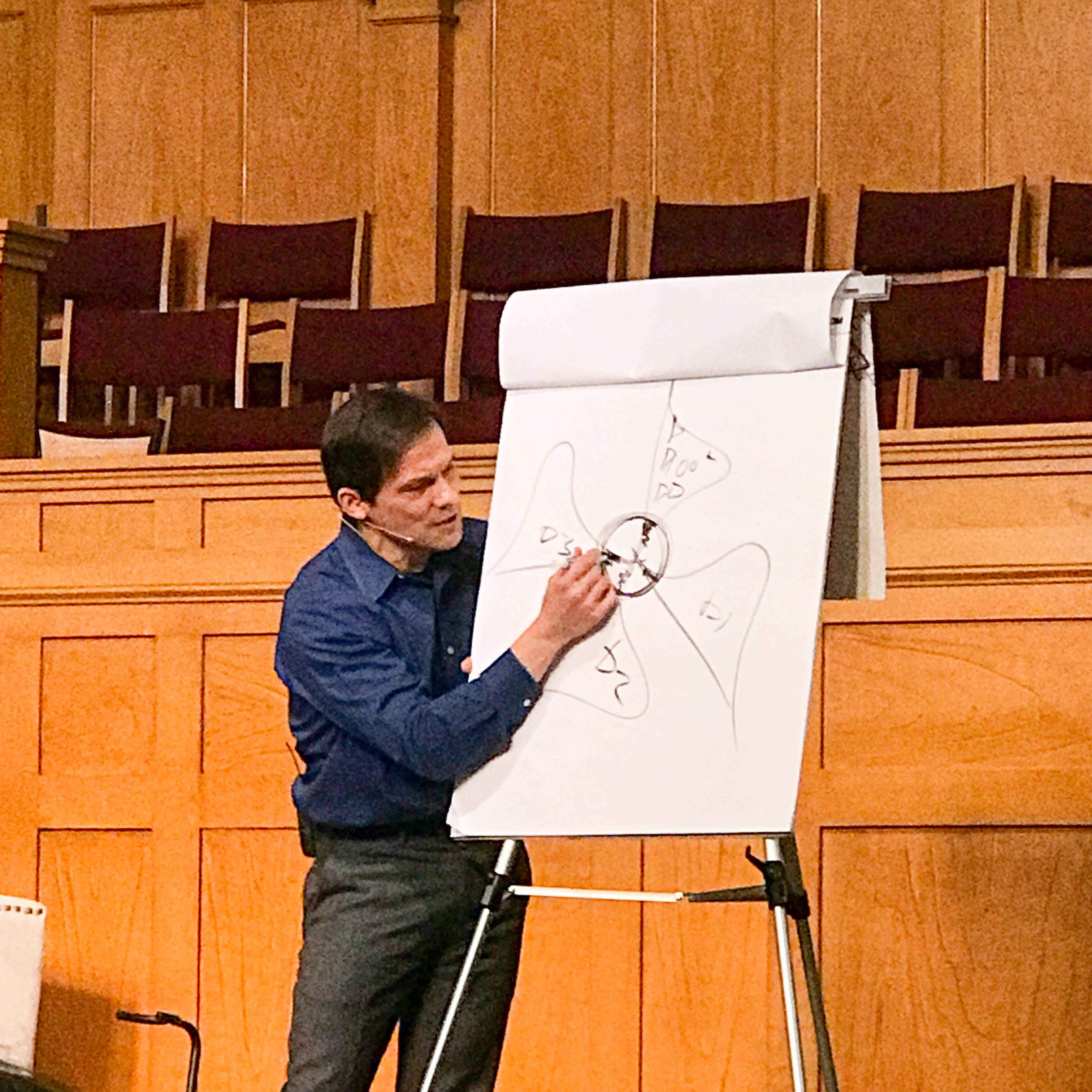
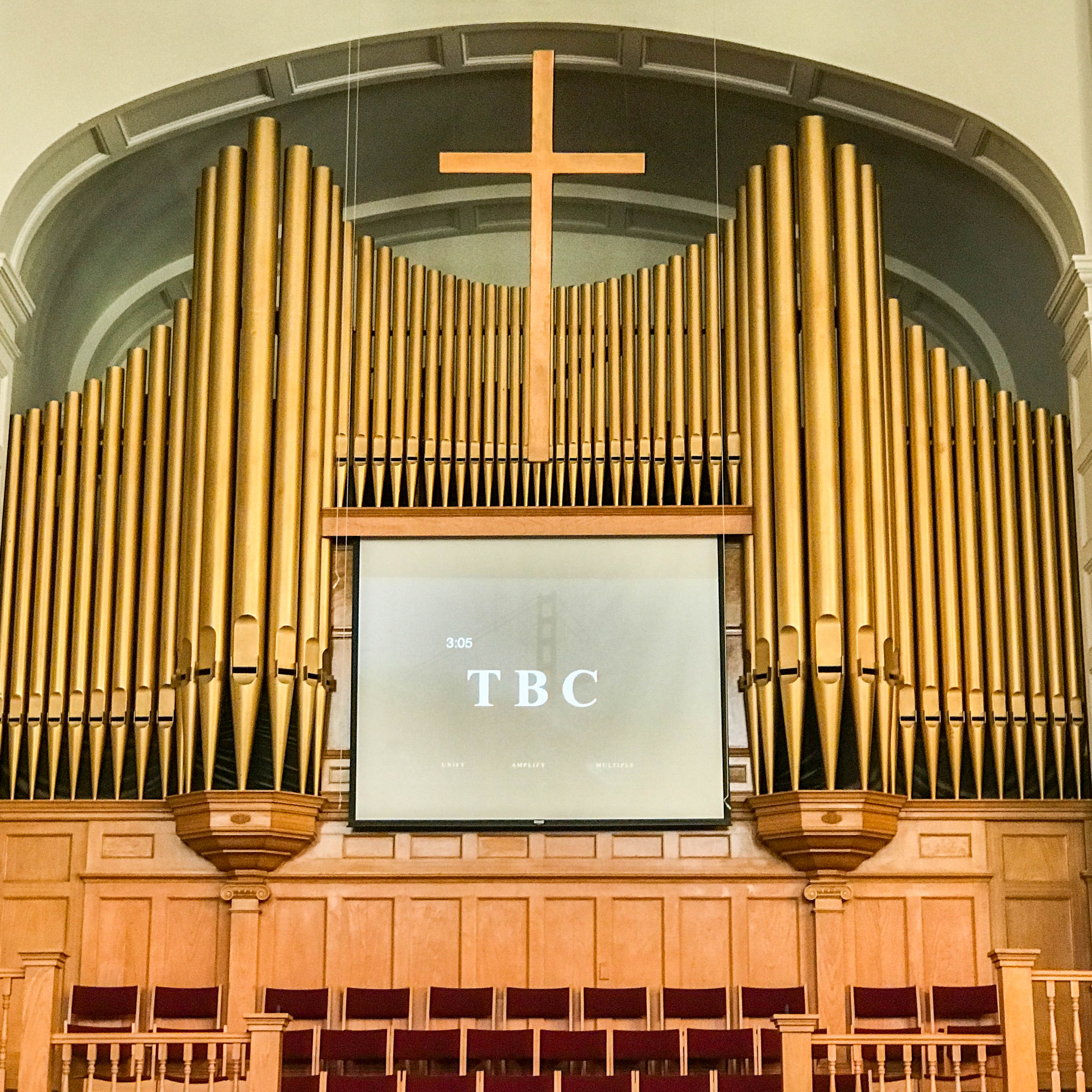
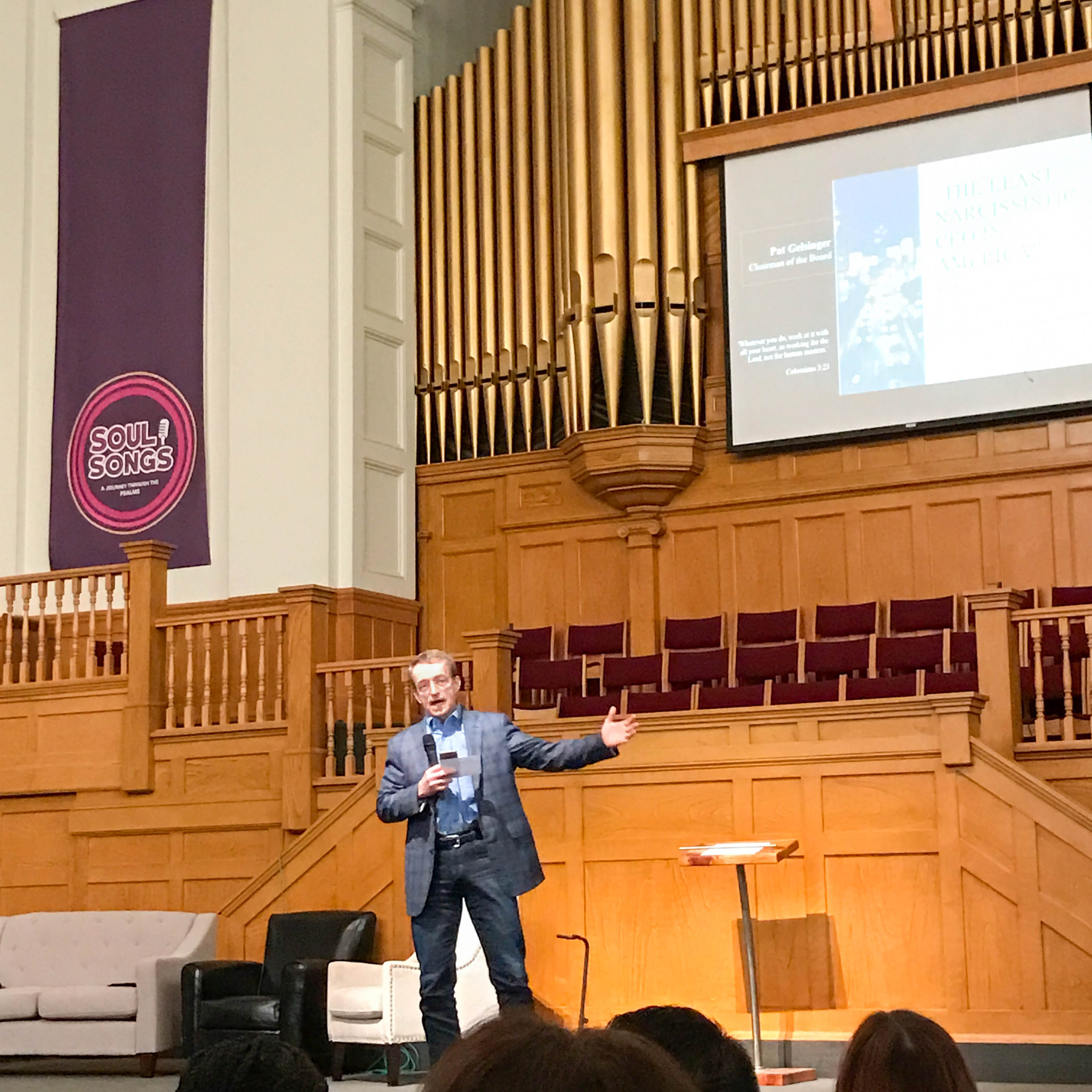
Also on the guest roster were the likes of Danny Kim, Wayne Mancari, Paul Bains, and Ryan Althaus.
The central theme of the conference was centered on the definition of what it means to be a Kingdom-minded leader.
Kingdom Mindfulness
During the group interview session, Ryan Althaus made a fine, and essential, distinction about the need to not just be Kingdom-minded, but to also have a Kingdom-mindfulness.
To me, the difference is one of being passively Christian versus being pro-actively Christian.
Mindfulness is emotional and spiritual intelligence. It elicits a state of constant thought, awareness, and engagement of what surrounds us and what we’re doing and thinking. It’s being attentive to needs both small and large, both private and corporate.
Kingdom-mindfulness requires a selflessness that will move us to compassion, action, and unification for the Greater Good and the Master’s Plan.
Watch my team’s creative intro video for the TBC speaker panel - great job WE Mass Media!
Our Tribal Banner
We all affiliate ourselves with some culturally-constructed faith denomination, such as Baptist, Evangelical, Pentecostal, or even non-denominational. But the Truth is, we’re all under the same tribal banner.
Wayne Mancari used an incredibly effective illustration as he solicited the audience with three interactions:
- On the count of three, I want everyone to yell out your name.
- On the count of three, I want everyone to yell out your denomination.
- On the count of three, I want everyone to yell out your Lord and Savior.
It was such a revelation for us all to walk through this mental exercise together to arrive at the same realization that in spite of our many differences, we can remain unified together under the same, one banner - in the name of Jesus Christ, our Lord and Savior.
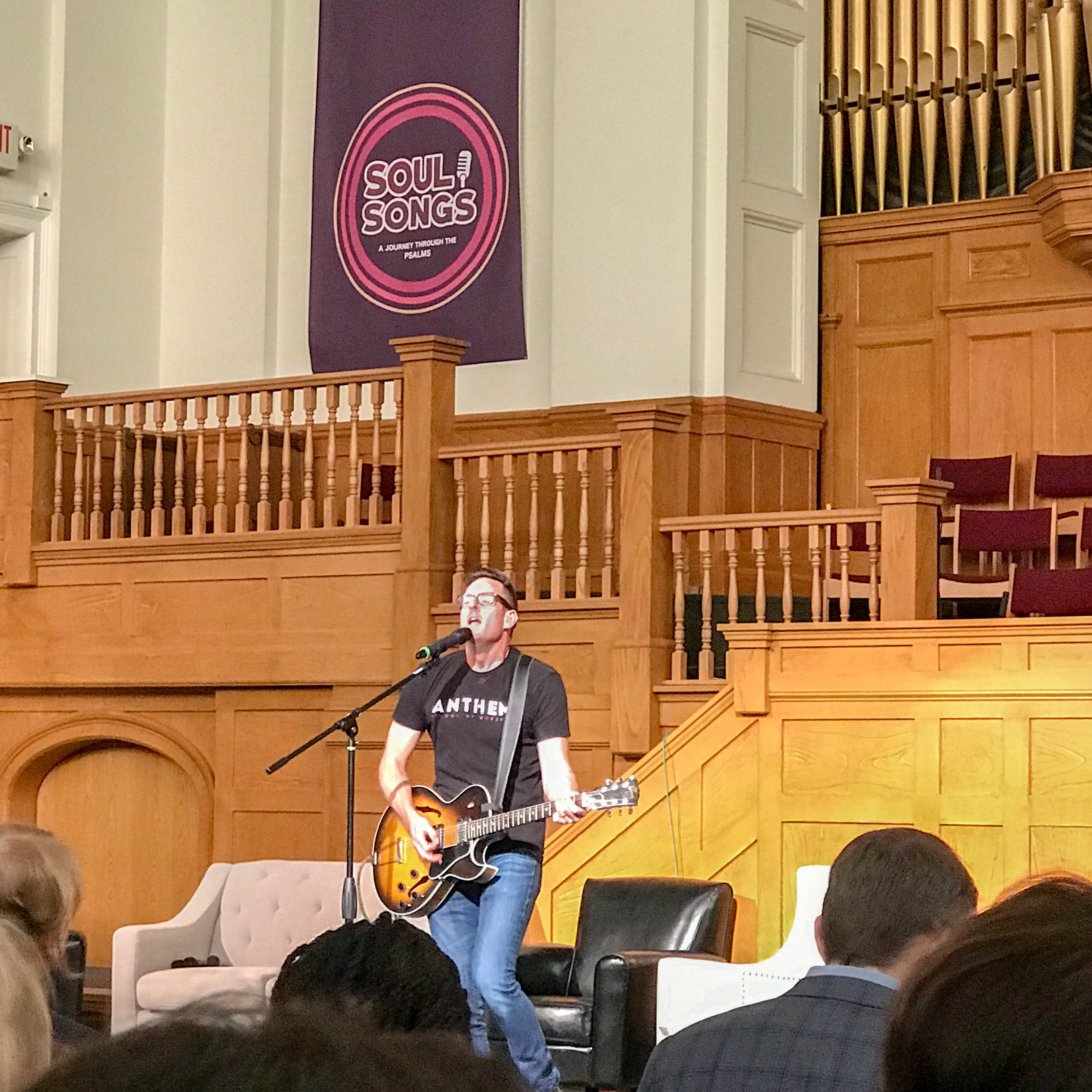
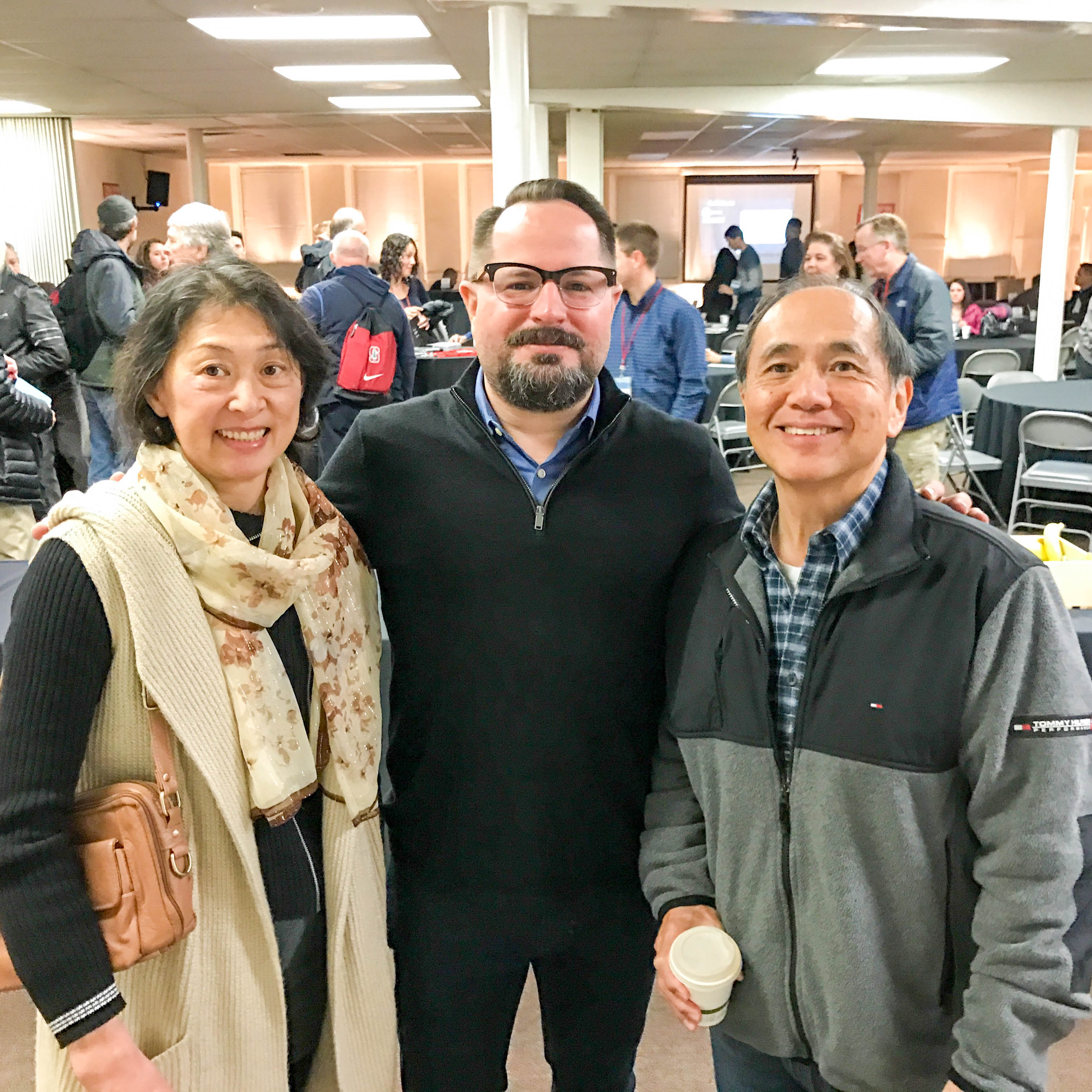
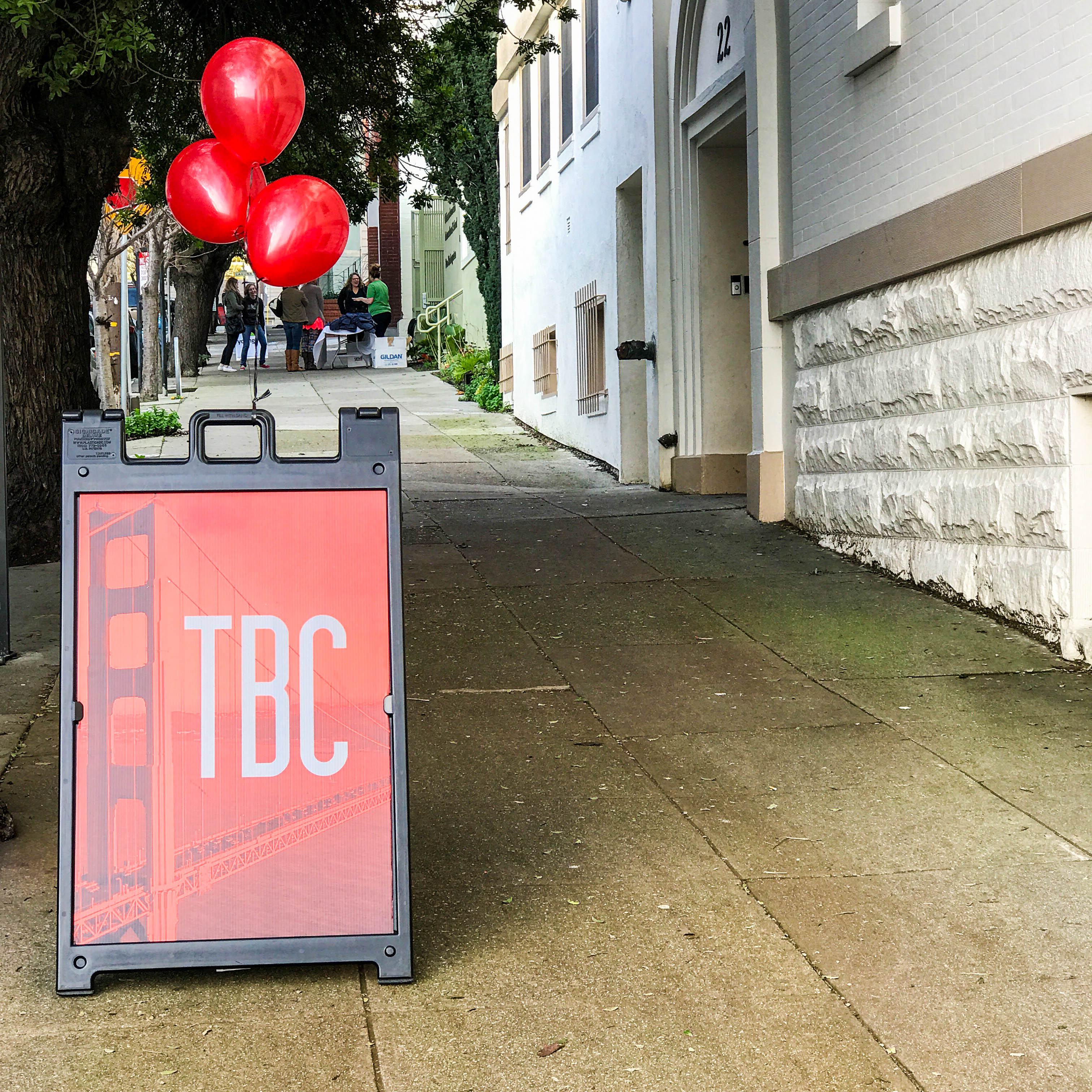
What Is Our Unifying Strategy?
What got us here won’t get us there - we need new ways of thinking and praying and collaborating. –Pat Gelsinger, Chairman of TBC and CEO of VMware
Jimmy Mellado posed the problem best, “We all agree on ‘One Kingdom’, but where every partnership breaks down is when you get to the strategy level. It’s hard to collaborate beyond the philosophy of unity.”
So what can we agree on as a strategy?
Personally, I have always had the deep conviction that our strategy as a church should revolve around people. I’m not talking about people we need to save, but people that will do the saving.
In Nancy Ortberg’s opening speech, she said the most effective way to minister is to plant churches. I believe this, myself, but an important distinction must be made.


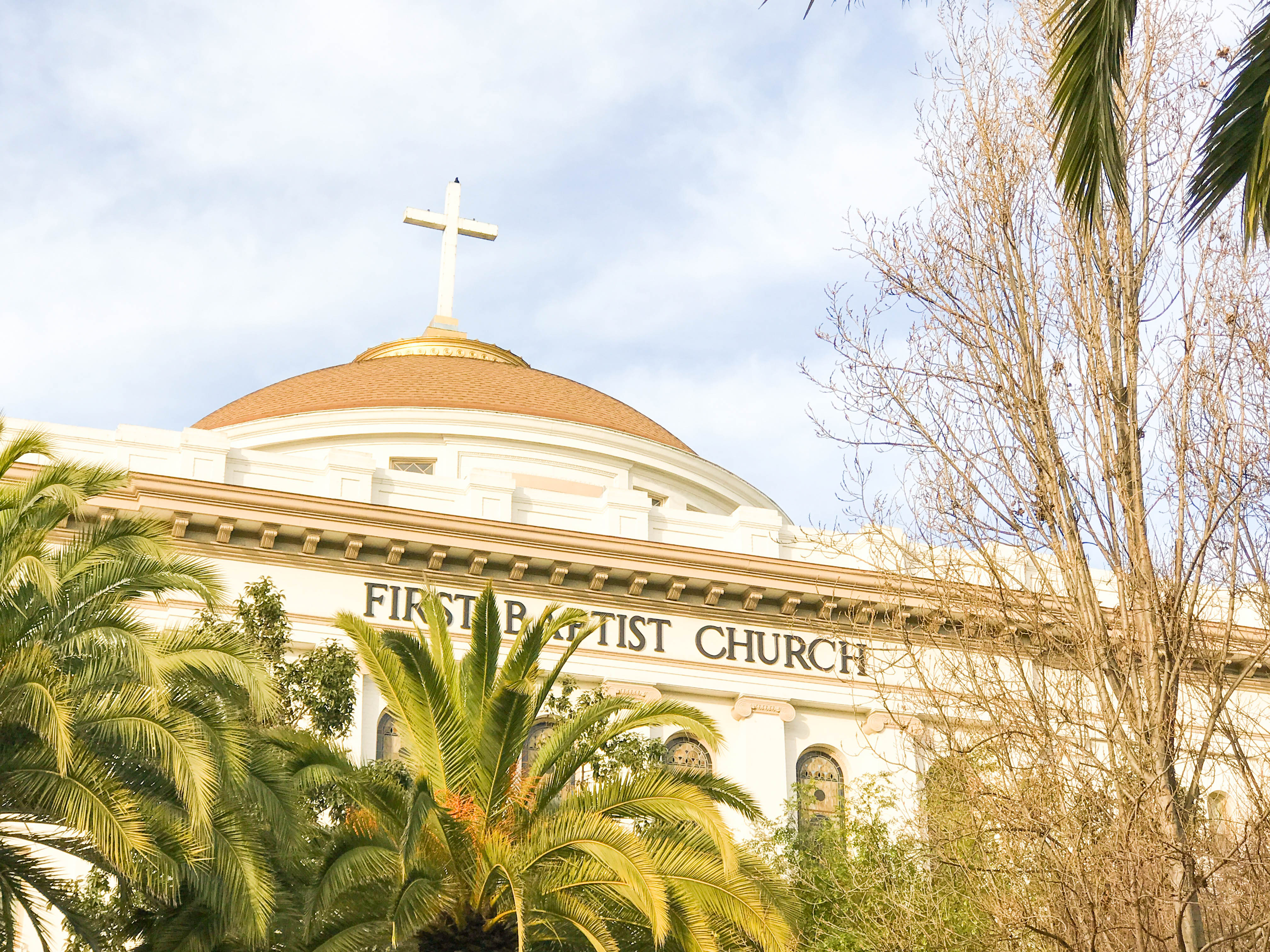
What is the “Church”?
We all claim to know that the Church is the people - “we are the church” - so why are we still structuring and organizing our Work around programs rather than around people?
It boggles my mind, firstly, knowing how under-utilized church campuses, facilities, and resources are. It can easily be seen as a case of poor stewardship.
Secondly, and more importantly, it perplexes me when I think of how embarrassingly under-utilized God’s people are.
Mike Brock explained the telling truth, “If you’re an accountant, you work on the offering. If you’re a tech guy, you work on the PowerPoint.” And when you’re really getting spiritual, you go on a local mission trip once a year to the nearby homeless shelter or soup kitchen.
Don’t get me wrong, this routine described me once before. But when I came to the realization that I had personally become used to living a lifestyle of lukewarm Christianity, I couldn’t help but become a little undignified because we can’t allow The Great Commission to be relegated to once-in-a-while-events-or-services.
Our entire life should represent a platform for the Gospel.
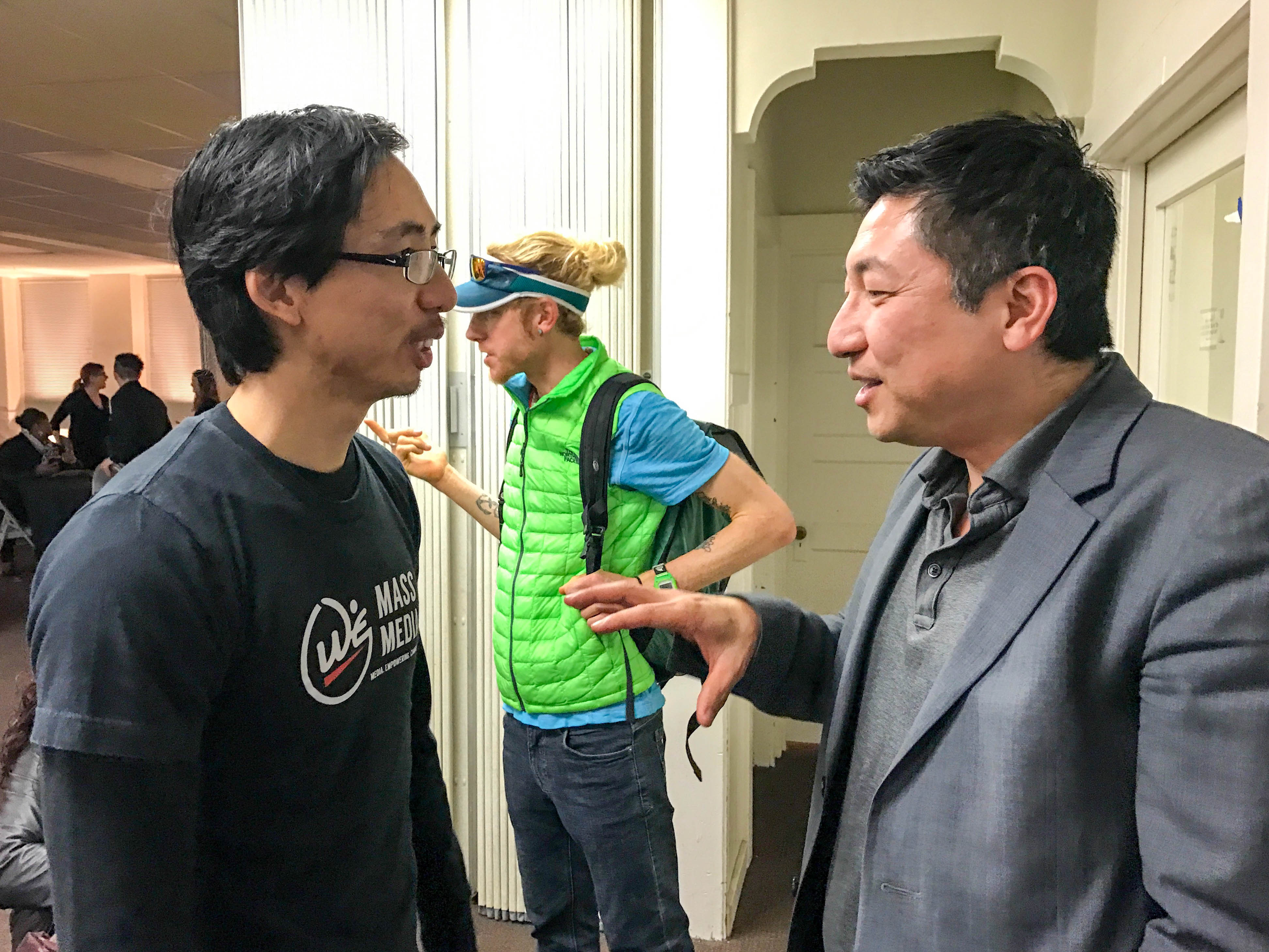
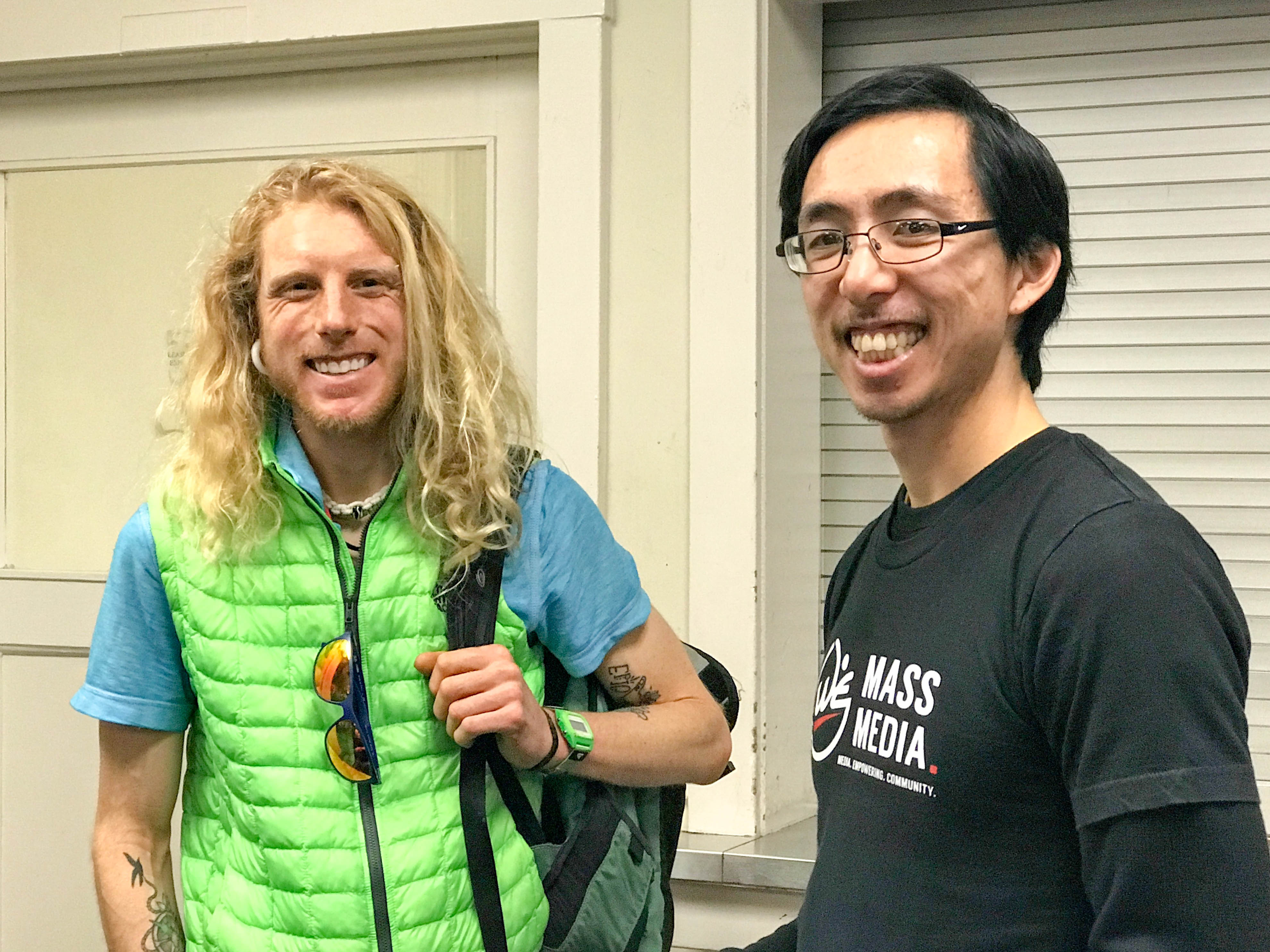
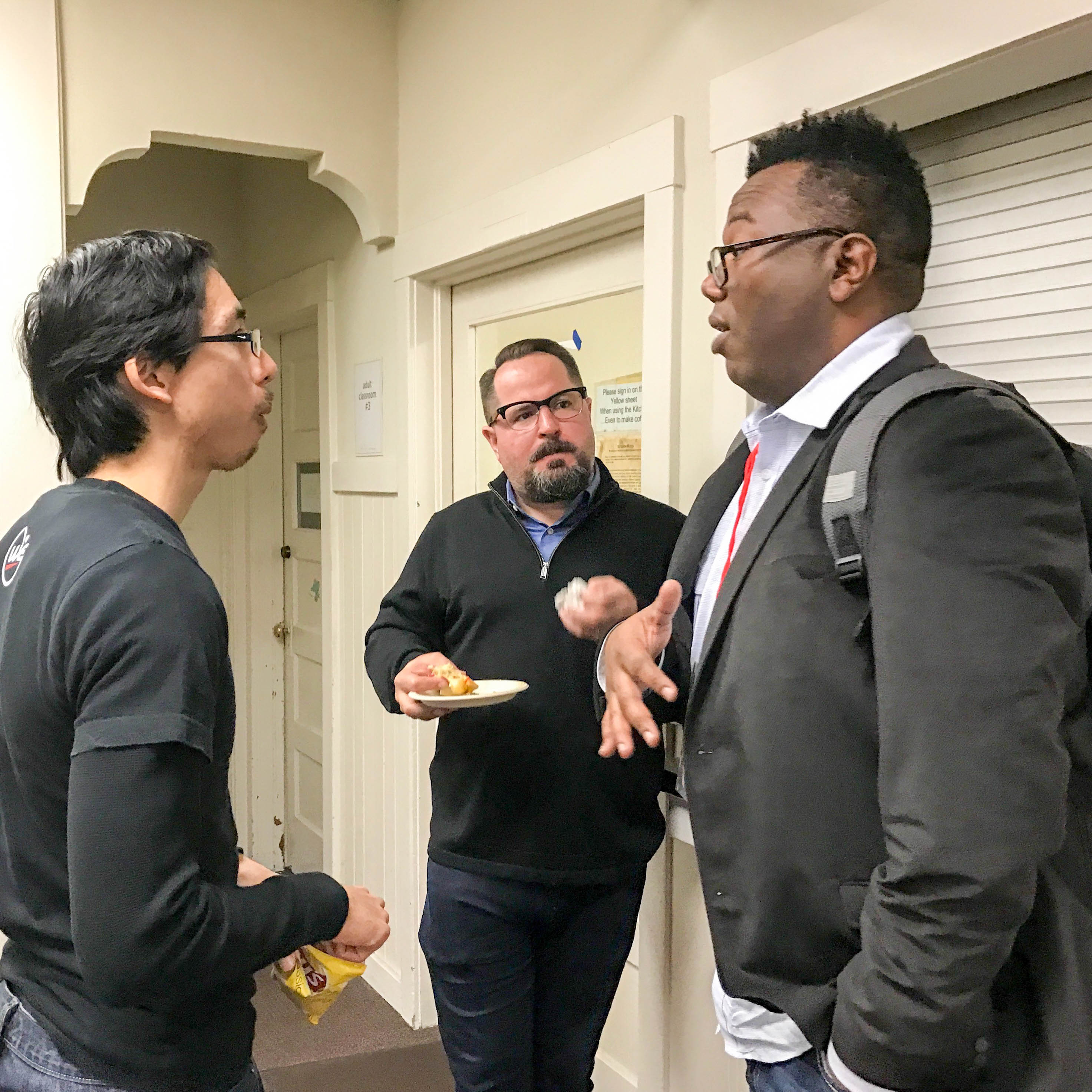
The 96%
Pat Gelsinger introduced the morning with statistics that have undoubtedly become common place - perhaps even cliche - amongst us Christians: “Only 4% of people in the San Francisco Bay Area go to church on Sunday mornings. That means 96% of the Bay Area is unchurched.”
So why is there such a wide gap between knowing this statistic and actually reaching our communities and neighbors to bridge the divide? What is missing in our strategy?
Personally, I’ve always had the undying conviction that the power is in the people, but it wasn’t until my further contemplations after this conference that God finally gave me the juicy, one-liner revelation:
The reason 96% of the Bay Area is unchurched is because 96% of the People and Potential is untapped.
It’s so obvious.
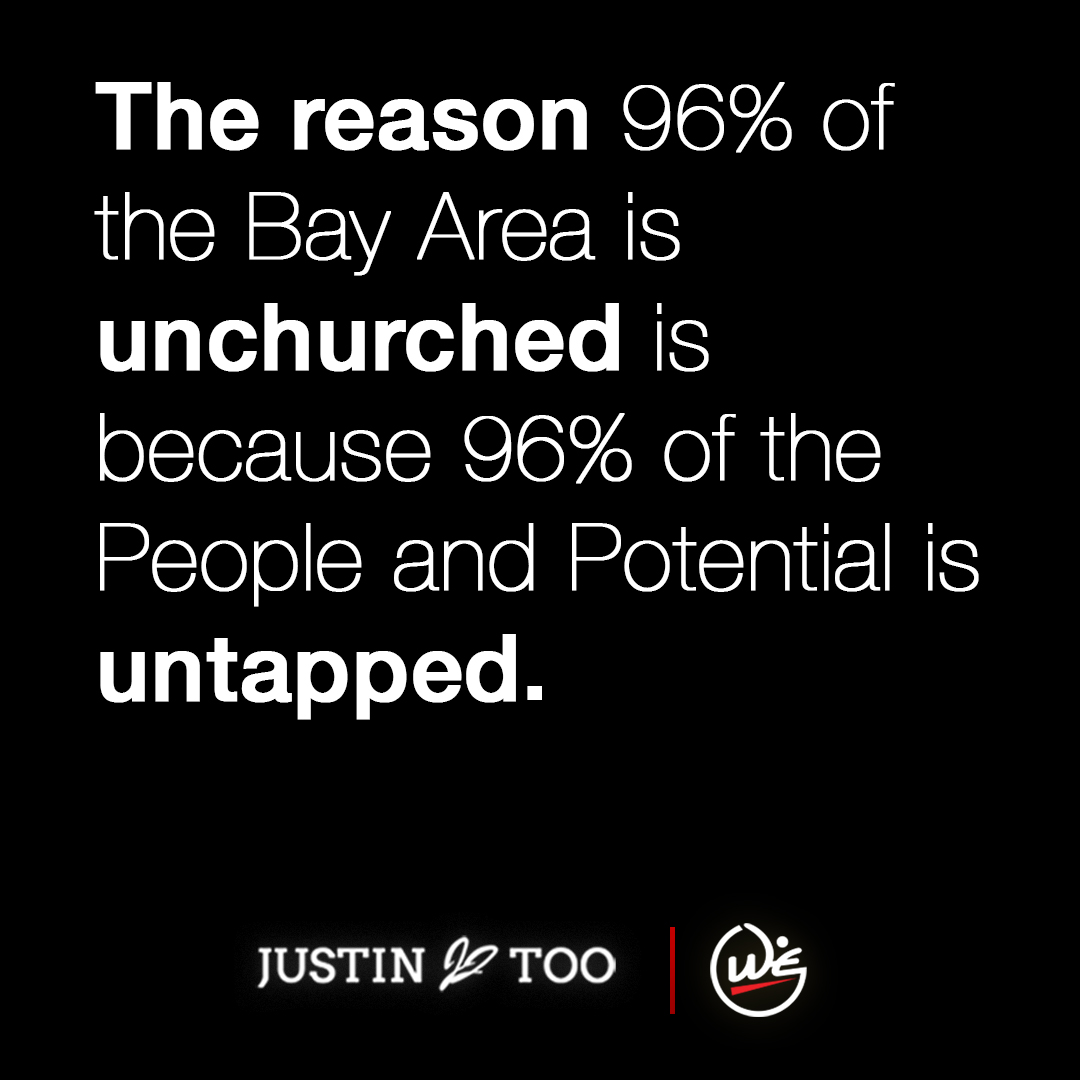
What got us here won’t get us there
It’s so silly, when I think about it, that the great minds and leaders of the Kingdom are spending their precious time during staff meetings and board meetings trying to strategize for new, innovative programs, ministries, and marketing campaigns that might attract 96% of the unchurched to join us 4% at a building on Sunday mornings. Okay, maybe also a Thursday evening for Bible 101.
The fact is, most churches are only reaching people and ministering to them 52 times a year. Out of 365 days, that’s a paltry 14%. Two times a week is 28%, and three times a week is 43%.
When mass communication and education was not possible or available, a church building might have been needed in the beginnings of time, and even through near-recent historical times, just like the town square was needed to provide a common time, location, and environment for socializing and learning.
But the truth is, we don’t need to relegate our Christian activities to Sunday-mornings in a multi-million dollar building anymore. There are so many more cost-effective ways to minister and to be ministered to.
It’s time to start re-thinking and innovating how we equip the Church to do church.
Unifying Around a People-Strategy
Unity begins with U-N-I. -Pastor Paul Bains
None of us can accomplish more than all of us. WE is greater than ME - it’s that simple.
We were designed by God to be One Body with many functions so we each have an essential part to play and a healthy dependence on one another. The fine distinction here, however, is that we are all dependent on others to play their part, not to play ours.
Each of us independently requires just one thing to empower us to fulfill our life’s purpose: God Almighty, the author, perfecter, and finisher of our faith; our provider, sustainer, and our daily bread. Moreover, we are each individually answerable to the Lord God Almighty for what we’ve done with the seeds, provisions, talents, dreams, and holy ambitions He has entrusted to us.
However, we are all required together as one body to empower the movement of God that He has called us to be apart of with responsibilities as co-laborers. We’re either adding to the Body’s overall magnitude of motion or we’re diverging from it - think vector mathematics.
Take the Twelves Disciples as our case in point for a people-based strategy - they were just 12 discipled men who accomplished more than the average megachurch of 1200 churched members do today. (My metric is disciple-making, outward action, and fruit.)
The Twelve accomplished more than us, not because of greater faith, but because of greater action. Disciples are trained to wage war; churched members are trained to arrive on-time, tithe 10%, and invite friends to the church potluck.
A church should be a headquarters for action, first, not a school for thought and theory. We don’t need to know much at all to have an effective faith - all we need is faith the size of a mustard seed. So let’s get more agile as a church knowing God has designed us to be process-oriented, season-driven, and iteratively-learning-refining beings.










Where do you think the current model of church “discipleship” stemmed from? Just look to our still-very-much-present Western education system. It’s all about listening to a lecture, memorizing the same things over and over again, socializing with friends and seeking mentors and study-buddies, and developing a mind for Christ, but never actually doing anything with it. We know it all, but we don’t do any of it. It’s like paying $50,000 to attend a university but never graduating and getting a job.
As Ryan Althaus poignantly explained with a truth from Plato: “We learn more from an hour of play than a lifetime of conversation.”
I don’t know if it’s information overload, but my mind hurts just thinking about how little the average Christian is exercising their faith today.
The Great Commission is about making disciples, not assimilating the whole world into a “Christian” culture that is marked by spiritual obesity, lukewarm service, and inwardly-focused paradigms and programs.
Why are we only watering the big oak tree that has grown tall in the middle of the desert, expecting the rest of the world then to make a difficult, sometimes impossible, trek to our oasis? We should be watering every seed all across our arid plains so we can not just support the health of our one tree, but transform the entire landscape to be a whole new thriving ecosystem - a platform for growth.
What we need is to provide fertile soil for every one of God’s unique, precious, and called seeds so they can grow and mature and bare fruit wherever they are, and wherever the church is not.
If we begin to plant and be planted in the 96% of our unchurched world, maybe then Christ will start taking root.
Unity begins with U-N-I.
